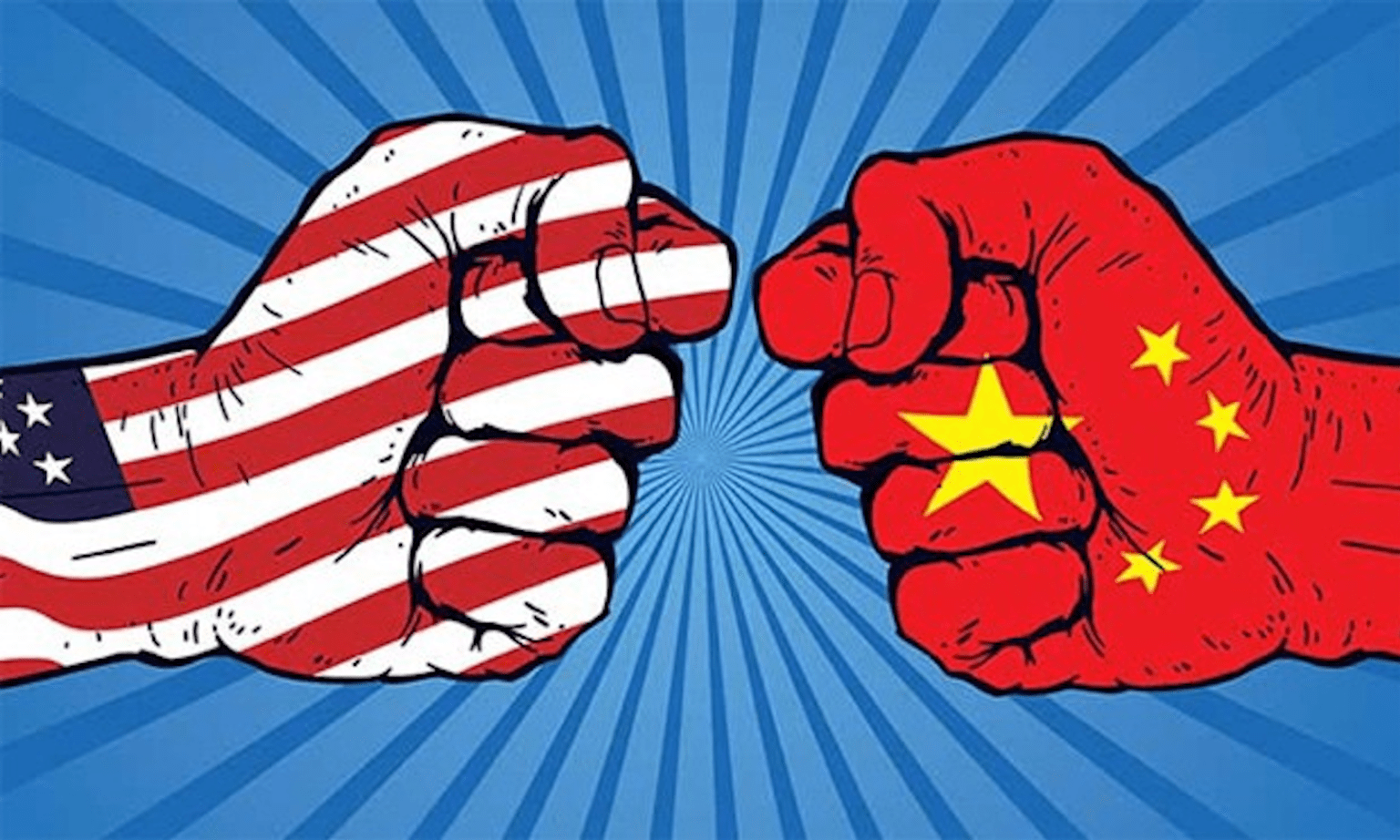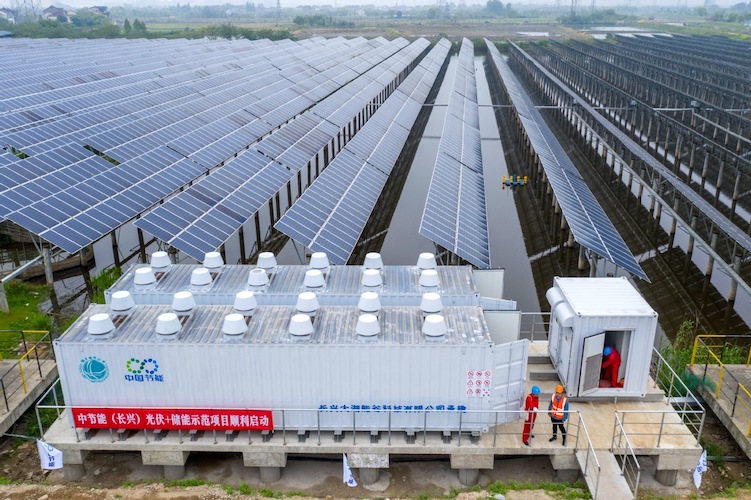(ATF) The United States has told the Chinese consulate in Houston to shut down in three days, citing a need to protect American intellectual property and information, amid a sharp deterioration in relations between the two countries.
Beijing condemned the order and threatened retaliation. A source said China was considering closing the US consulate in the city of Wuhan.
Ties between the United States and China have become increasingly tense since the outbreak of the novel coronavirus in Wuhan at the beginning of the year.
The US Department of State confirmed the impending closure of the Houston consulate, after China’s foreign ministry reported it had been told to shut the mission.
The consulate was opened in 1979 – the year that the US and the People’s Republic of China established diplomatic relations, its website says. The office covers eight southern US states – including Texas and Florida – and has nearly one million people in the area registered at the consulate.
There are five Chinese consulates in the US, as well as an embassy in Washington.
Markets ruffled
The news ruffled financial markets with a bout of risk aversion in European stock trading.
The closure had been ordered “in order to protect American intellectual property and American’s private information”, State Department spokeswoman Morgan Ortagus said in a statement.
“The United States will not tolerate the PRC’s violations of our sovereignty and intimidation of our people, just as we have not tolerated the PRC’s unfair trade practices, theft of American jobs, and other egregious behaviour,” she added.
The spokeswoman is with Secretary of State Mike Pompeo, who is now in Copenhagen after a visit to London on Tuesday. Ortagus noted that under the Vienna Convention states “have a duty not to interfere in the internal affairs” of the receiving state.
The two countries have clashed recently over trade, technology, a national security law imposed on Hong Kong and China’s claims in the South China Sea.
China denounced the US order as an escalation.
“The unilateral closure of China’s consulate general in Houston within a short period of time is an unprecedented escalation of its recent actions against China,” Chinese foreign ministry spokesman Wang Wenbin told a regular news briefing.
“We urge the US to immediately revoke this erroneous decision. Should it insist on going down this wrong path, China will react with firm countermeasures,” he said.
The US government had been harassing Chinese diplomats and consular staff for some time, Wang said, as well as “intimidating and interrogating Chinese students and confiscating their personal electrical devices, even detaining them”.
He also said the consulate was operating normally but did not reply to questions about US media reports in Houston on Tuesday night that documents were being burned in a courtyard at the consulate.
“It appears to be open burning in a container within the courtyard of the Chinese consulate facility. It does not appear to be an unconfined fire but we have not been allowed access,” Houston fire department chief Samuel Pena was quoted as saying by KTRK, an ABC television affiliate.
“We are standing by and monitoring.”
Houston police told FOX 26 that staff there were burning documents because they are being evicted from the building on Friday afternoon.
Also on Tuesday, the US Justice Department indicted two Chinese nationals for a decade-long cyber espionage campaign in which they were accused of stealing information on weapons designs, drug information, software source code and personal data.
Ramping up pressure
President Donald Trump’s administration has ramped up pressure on China on a wide range of issues, imposing sanctions on Chinese officials over policies in Tibet and Xinjiang.
The United States has led denunciations of the treatment of Muslim minorities in Xinjiang, a far west region where an estimated one million Uighurs and other ethnic groups are believed to have been held in re-education camps.
The US has also downgraded relations with Hong Kong after China implemented a new security law which it says is in violation of its promises of autonomy for the territory.
In addition, last week Washington formally declared Beijing’s pursuit of territory and resources in South China Sea as illegal, explicitly backing the territorial claims of Southeast Asian countries against China’s.
Washington has also infuriated Beijing by banning telecom giant Huawei and seeking the extradition from Canada of top company executive Meng Wanzhou.
On Tuesday, Secretary of State Pompeo urged the “entire world” to stand up to China during his short visit to Britain.
French claims ‘false’
Meanwhile, French claims about the imprisonment of ethnic and religious minorities in China’s Xinjiang region were unacceptable, Beijing said on Wednesday, criticising the accusations as “false”.
China’s response came a day after Paris demanded it let independent human rights observers visit the northwestern region, where rights groups and experts estimate over one million Uighurs and other Turkic-speaking minorities have been rounded up into a network of internment camps.
France’s foreign affairs minister Jean-Yves le Drian said China’s actions were “unacceptable” and said they “condemn them firmly”.
Beijing has defended its strategy in Xinjiang as necessary to avoid extremism.
Chinese foreign ministry spokesman Wang Wenbin told a regular press briefing on Wednesday that “China has repeatedly responded to and clarified false reports and accusations on Xinjiang-related issues”.
He added that Xinjiang issues were not about human rights, religion or ethnicity but about “countering violent terrorism and separatism”.
“About so-called lies that Xinjiang restricts religious freedom and suppresses Muslims… the truth is that recently, some politicians and media in the US and the west have stigmatised Xinjiang’s lawful fight against terrorism and extremism,” Wang said.
“We firmly oppose the politicisation of religious issues and the use of religious issues to interfere in China’s internal affairs,” he added.
The latest exchange comes as tensions have been rising between the West and China on multiple fronts, including over a new draconian security law in Hong Kong and mounting opposition to the use of products made by Chinese telecom giant Huawei.
With reporting by AFP























